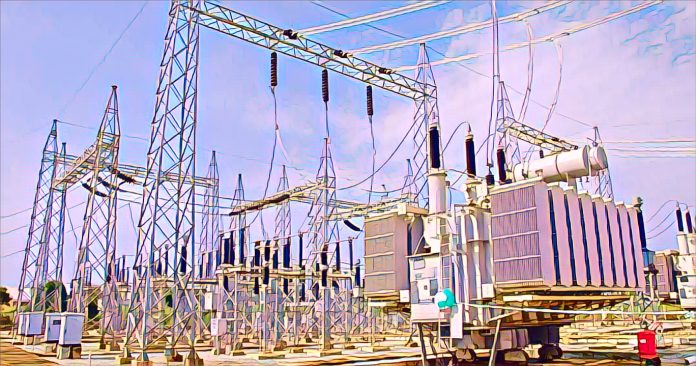The national electricity grid experienced a partial collapse on Monday, plunging several parts of the country into darkness. This recent failure marks another incident in a series of power outages that have plagued the nation this year.
The Abuja Electricity Distribution Company (AEDC) described the event as a system failure that affected its customers. On Monday afternoon, the AEDC reported that power outages began around 2:55 p.m., leaving many without electricity. By the evening, some areas were still experiencing blackouts.
“We understand that some of our customers are still without power due to a system failure from the national grid at 2:55 p.m. today,” the AEDC stated. “Please be assured that the system is gradually stabilizing, and we are working diligently with all relevant stakeholders to restore power to the affected areas as quickly as possible.” The AEDC thanked customers for their patience and understanding during this challenging time.
Efforts to contact the spokesperson of the Transmission Company of Nigeria (TCN), Ndidi Mbah, for details about the incident were unsuccessful. Mbah had not provided additional information by the time this report was filed.
Data from various power plants revealed a significant drop in hourly power generation. At 2 p.m., generation stood at 3,749 megawatts but fell to 3,241 megawatts by 3 p.m. and then to 1,255 megawatts. By 11 a.m., the generation was 4,067 megawatts, indicating a sharp decline throughout the day. The power generation gradually recovered, reaching 3,000 megawatts by 8 p.m.
Our correspondent observed that the Egbin Power Plant, which generated 222 megawatts until 2 p.m., experienced a complete shutdown, contributing zero megawatts for the rest of the day. This collapse is the fifth time in 2024 that consumers have experienced power outages due to issues with the national grid.
Princewill Okorie, Executive Director of the Electricity Consumer Protection Advocacy Centre, expressed regret over the frequent grid failures despite rising electricity tariffs. Okorie criticized the lack of progress in stabilizing the grid, questioning the quality of materials used and the competence of those managing the system.
“What are the causes of these grid failures or collapses? Are the materials used in building the grid of good quality and standard? Who is managing the grid?” Okorie asked. He pointed out that sector players seem more focused on collecting money from consumers rather than ensuring system stability.
Okorie also highlighted the financial burden on unmetered customers who are still required to pay for electricity during periods of grid collapse. “Now that the grid collapsed, the unmetered customers will still be made to pay for darkness. That is injustice. The government should address this issue of grid collapse once and for all,” he stated.
In a recent interview, Okorie lamented that despite increased tariffs, the power sector remains inefficient. He questioned how the money collected, including international funds, is being utilized, and criticized the sector’s operational expenditures and spending practices.
The constant increase in tariffs without corresponding improvements in service delivery has left many consumers frustrated. Okorie emphasized the need for transparency in how the revenue collected from customers is being spent. “The desperation to collect revenue from customers for services not delivered is a challenge,” he said. “They keep overbilling customers.”



